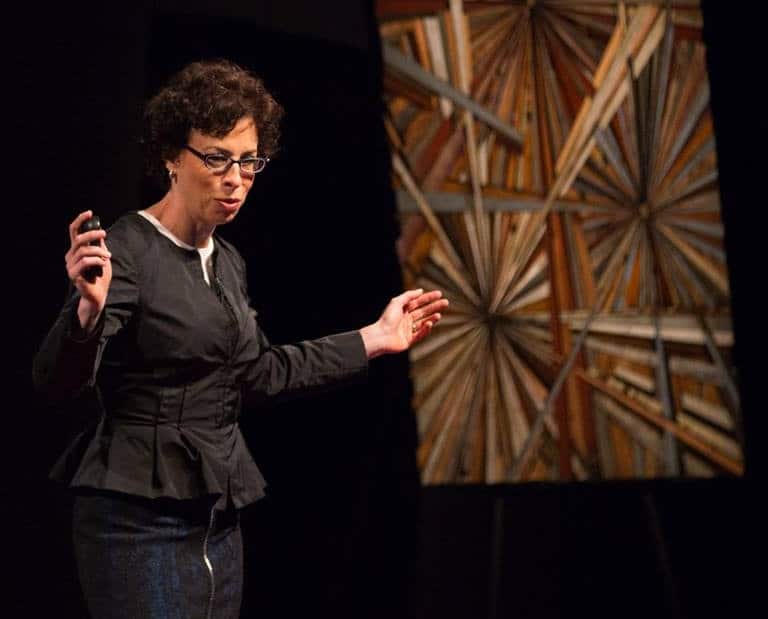When life hits us with its typical bounty of stressful situations, we often find ourselves fumbling for control of our emotions and ourselves.
However, according to psychology journalist Erika Casriel, the solution to coping with stress and mastering our emotions lies outside the “comfort zone of our everyday identities.”
As human beings, we tend to cling to our identities—we adhere to set ideas about our qualities and abilities. We’re inclined to assume we’re right until proven wrong, and we each believe in a consistent, reliable “I” that exists inside of our heads, controlling everything we do. Leading psychologist Daniel Wegner calls this phenomenon the “homunculus illusion,” or “the illusion of the little man inside the mind.”
Of course, this strong sense of self-concept is essential in order for us to navigate the world; it gives us a necessary feeling of control over our bodies and actions, enabling us to focus and perform complex tasks. However, emerging research shows us that “our self-concept is just a creation of the mind; it’s not a blueprint.” Casriel reminds us that our minds and senses produce illusions that—despite their usefulness in mental processing—are not always true.
But if identity is merely an illusion, how are we to perceive ourselves and the world around us?
When Casriel began to consider the nonexistence of her own identity, she felt uneasy and disoriented. She compares her feelings to the public’s reaction when Galileo introduced the heliocentric universe in the 17th century; people didn’t know how to respond to evidence that man and the earth did not lie at the center of the universe. As scientific studies emerge, we now see the same pattern of remapping ourselves. Egocentrism centers the self at the core of identity, regarding sensations and thoughts as marginal details. Today’s researchers are replacing this concept with its inverse, bringing sensations and thoughts—consciousness—to the forefront of identity. Casriel coined the term consciocentrism to describe the shift to the study of consciousness that is occurring in modern psychology and neuroscience.
But consciocentrism extends far beyond the borders of the scientific world—it is the key to managing our emotions and coping with stress in our everyday lives. When we find ourselves consumed by seemingly insurmountable situations, we can let go of negative emotions by recognizing that our experiences are created within our minds. Perceiving situations within the context of consciousness enables us to relax instead of overreact. Casriel explains that using consciocentrism to manage stress in her own life has led herself and her family to become significantly happier.
When we look from “the vantage point of consciousness itself,” we allow ourselves to control the negative reactions identity might create. Although this new concept turns the way we see ourselves upside down, it brings us innumerable advantages. When we adopted heliocentrism, we had to lose our status as the center of God’s creation in order to gain the rest of the universe. In the same way, Casriel explains, “we’re now losing the importance given to us by our illusory self–concept, but we’re gaining a vast territory—our inner world—a new understanding of our own Godlike abilities.”
You can watch Erika Casriel’s full talk here.
Join us May 10 at Two River Theater in Red Bank at TEDxNavesink 2014: PLAY, where 24 presenters will share the positive power of play every day in technology, education, design and more. Limited tickets are available for this all day event, which includes a catered lunch, networking opportunities, and an evening reception. Click here to get your ticket.

